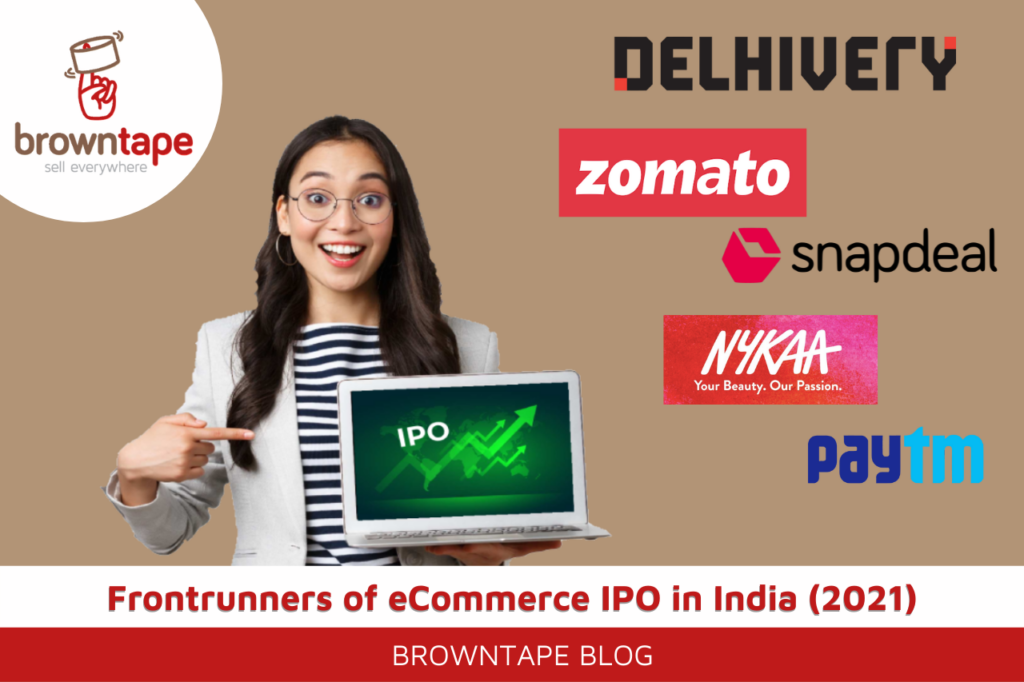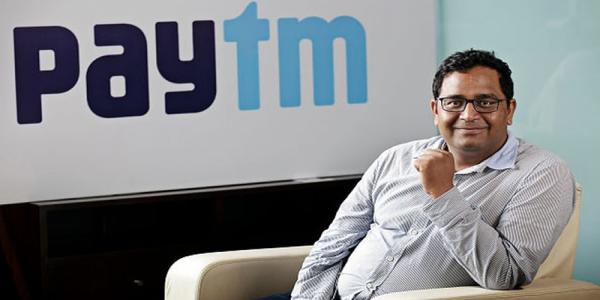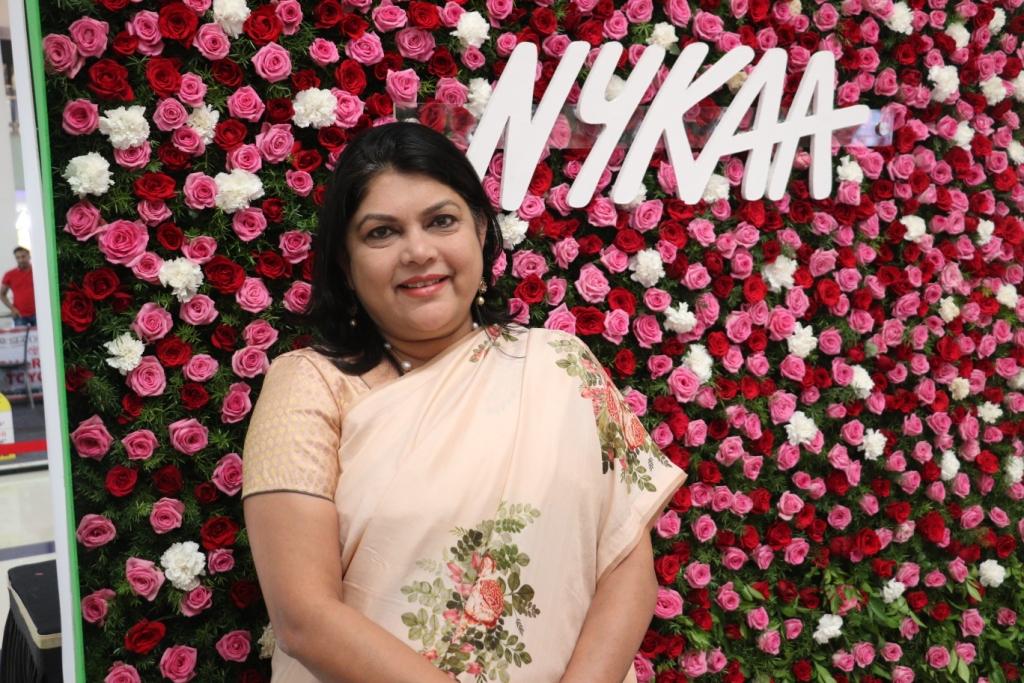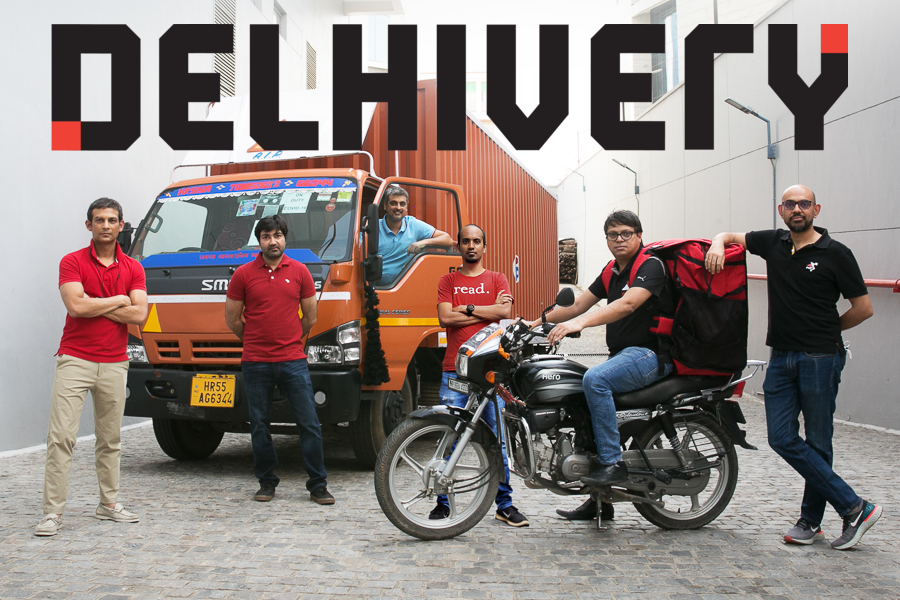
eCommerce IPO has been a key highlight in Indian stock market news this year. Traders and occasional investors have had the chance or are looking forward to making profits via IPOs by strong eCommerce companies.
The unprecedented success between the offer and opening price of some of these has been a pleasant surprise. In this article, we take a look at eCommerce stars, who will be known in history as pioneers of eCommerce stock market listing in India.
What is an IPO?
Initial Public Offering (IPO) in simple words would mean “going public”. It is the process that a privately owned company undergoes to go public in order to raise funds. As a part of the process, the company needs to file themselves with the Securities and Exchange Board of India (SEBI) and subsequently their stock exchange of choice. Most likely it’s the National Stock Exchange (NSE) and Bombay Stock Exchange (BSE). There are regional stock exchanges too.
Currently, given the exponential growth that the eCommerce industry is witnessing, there are multiple benefits of an eCommerce IPO.
- Rapid fund expansion and development
- Increases reputation as well as visibility of the company
- Increased transparency that helps the company gain credibility
eCommerce companies need to fit the eligibility criteria to go public. These criteria are set by SEBI and are mandatory. Despite this, Indian eCommerce companies who have typically been seen as ‘start-ups’, have set their sights on being the pioneers of eCommerce IPO in India.
PayTM

Paytm’s story is almost like a black swan event. Demonetisation changed the company’s fortunes overnight. From an era where digital payments were associated with scams; India quickly moved to one, where every mobile phone adopted a digital wallet. Now UPIs, digital wallets, and other modes of digital finance have been widely adopted by consumers across India.
Paytm was founded by Vijay Shekhar Sharma in 2010. The name is a partial abbreviation for “pay through mobile”. Currently the company, besides being a financial services provider, is also a popular eCommerce platform. The fintech company is based in Noida.
The Paytm app is available in 11 Indian languages. Besides this, the company claims that more than 20 million Indian merchants use their QR codes for accepting payments. The company started off as a prepaid mobile and DTH recharge platform and further developed to include other payments sources. During demonetization in 2017, the easiest alternative for merchants to keep the business going was Paytm and the likes. . During this phase, the Paytm user base touched 280 million.
eCommerce IPO Status
Paytm, India’s largest payment platform has now become a part of India’s eCommerce IPO run. The eCommerce IPO opened for subscriptions during the period between 8th November 2021 and 10th November 2021. As on date of this article, their IPO size has touched Rs. 18,300 crore, which is the biggest ever the country has ever seen. It has surpassed Coal India’s Rs 15,200 crores IPO size in 2010.
Currently, the eCommerce IPO price band is set at Rs. 2,080 to Rs. 2,150 per share with a face value of Re 1 each from which the implied valuation is around Rs. 1.8 lakh crore. The investors can bid for a minimum of 6 shares and in multiples from there. The first and second-day subscription rate at 18% and 48% respectively displays a bit of sluggish growth. On the third day (Nov 10), IPO had been subscribed 1.51 times. Bringing the total to received bids for 7.3 crore equity shares against offer size of 4.83 crore shares.
This financial giant is from the parent company One 97 Communications, which will raise fresh equity worth Rs. 8300 crore. As for the existing shareholders are offloading shares worth Rs. 10,000. Although, they had a unique red herring prospectus (RHP) which stated that their net losses would continue for the foreseeable future. Therefore even though the investments are big the best benefits would be acquired only after a long period of time.
Nykaa

Nykaa is India’s biggest cosmetics and beauty platform founded by Falguni Nayar in 2012 and is headquartered in Mumbai. She started off this platform as a portal to curate a range of beauty and wellness products. The word Nykaa itself is derived from the Sanskrit word ‘nayaka’ meaning one in the spotlight. They further developed their sales channels by building offline stores. Nykaa also diversified into selling fashion items as well as men’s grooming items. Lastly to develop the brand further Nykaa started developing their own in-house beauty and fashion items, under their brand name.
eCommerce IPO Status
FSN eCommerce Ventures, the parent company of Nykaa had its eCommerce IPO open to subscription from October 28th to November 1st, 2021. They have an overall IPO size of Rs. 5,352 crore. This has made Nykaa the second platform to go the eCommerce IPO route (after Zomato).
The eCommerce cosmetic giant launched an IPO price band of Rs. 1085 to Rs. 1125 per share with a total valuation of $ 7.1 billion. This, with a minimum of 12 shares per order. The shares have been a mixture of fresh and OFS shares. Where the primary issue is worth Rs. 630 crore the OFS is an offload of up to 41.97 million shares. Even so, the founder Falguni Nayar along with her family still will continue to have a major part of the stakes after the IPO (53.5%). The e-tailer has listed a 60% premium on its stocks.
In the IPO listing, Nykaa’s shares were subscribed 81.78 times over; making it equivalent to bids for 216.59 crore shares. If you are an investor you can check the application status via:
Investors who had bid for the shares and weren’t allotted any received a refund in 2 days. The achievement of Nykaa and its female founder Falguni Nayyar has been commendable. The eCommerce IPO listing has made her India’s seventh woman billionaire and the wealthiest self-made billionaire.
Delhivery

Delhivery is an Indian logistics and eCommerce supply chain company based in Gurgaon. It was founded by Sahil Barua, Mohit Tandon, Bhavesh Manglani, Suraj Saharan, and Kapil Bharati in the year 2011. It is one of the largest and not to mention fastest integrated logistics players in the Indian markets with respect to its revenue.
Delhivery has a commendable national network and services 17,045 out of 19300 Indian pin codes. Furthermore, Delhivery provides supply chain solutions to more than 21000 customers. The company caters to top eCommerce marketplaces and online sellers and has become a dependable component of its supply chain.
eCommerce IPO Status
This organization recently turned public in the preparation of its eCommerce IPO. Earlier they have raised funds from Japan’s SoftBank Vision Fund, Carlyle Group INC, Fosun Group, and more. The delivery and logistics service provider filed its prospectus with the Securities and Exchange Board of India (SEBI) on 2nd November 2021, as per reports. From this, they plan on raising around Rs. 7460 crore through their initial public offering.
In their draft red herring prospectus (DRHP), the company will raise Rs 5000 crore through fresh shares from the offer for sale (OFS) of Rs 2,460 crore as some of the existing investors will dilute their holdings in the company. Besides, the investors said to be selling partial stakes are Japan’s SoftBank Vision Fund, Carlyle, and Times Internet. Besides this, the founders, Kapil Bharati, Mohit Tandon, and Suraj Saharan too will be selling their shares in OFS.
By the end of the current financial year, Delhivery is expected to be a fully functional publicly-traded company given they sail through their eCommerce IPO.
Zomato

Zomato is an Indian restaurant aggregator and food delivery company that was founded by Deepinder Goyal and Pankaj Chaddah in 2008. They provide its users with menues, user reviews of restaurants, home delivery, and more. Although they started off by being an aggregator only for India they expanded to multiple other countries- a huge feat for an Indian company. These included Canada, UAE, South Africa, UK, and many others. By 2019 they had their branches spread to 24 counties and over 10,000 cities. Currently, however, with their aim to consolidate operations and make it tight; they have withdrawn from other countries except for the UAE.
Despite its success, Zomato did have its fair share of bumps on the road. Starting off with, security breaches on more than one occasion. This was followed by the users of their apps having issues with features and payment options from which they incurred heavy losses. Later, on two occasions, Zomato had to lay off a large number of their employees. First was in 2019 when around 10% (around 540) of employees’ tasks became redundant due to automation. The second time around, the firm was hit by restaurant closures due to the pandemic. Zomato had to let go 18% (around 600) of their staff and the rest worked on a 50% pay cut.
They however challenged their situation and started a grocery delivery service called Zomato Market in 80+ cities of India. Soon enough restaurants opened up and the food delivery business made a stellar comeback. Despite the pandemic; it was evident that the few sustainable businesses would be groceries, medicines, healthcare, and food (restaurants).
eCommerce IPO Status
On July 23, 2021, Zomato became the first big consumer internet startup in India to make its eCommerce IPO debut. Founder- Deepinder Goyal, later shared that this move was not premeditated or planned but was a desperate contingency plan. Their eCommerce IPO listing open date was July 14 and closed on July 16, 2021. The IPO price band was kept between Rs 72 to Rs 76 per equity share with a face value of Re 1. The minimum market lot was 195 shares; where a retail investor could apply for 13 lots (2535 shares). Zomato’s IPO issue size for fresh allotments and OFS was Rs. 9000 crore and Rs. 375 crore respectively.
From the IPO, the food tech company was able to close 11.92% higher than their offer price, at Rs 140.85 per share. Their expectation was raising about Rs 9,375 crore (approx $1.1 billion). From this public listing, Info Edge, Zomato’s oldest investor made large profits.
Snapdeal
Snapdeal is one of the early marketplaces to set up in India. It was launched in 2010 by Kunal Bahl and Rohit Bansal. The main office is based in New Delhi. Although they started out being a daily deals platform, they quickly realized that the eCommerce sector was the industry of the future.
They broke it big into the eCommerce sector to be one of the largest online marketplaces in India in 2011. Offering fashion, home, and other general items to buyers from more than 37,000 towns of India, they seemed to have cracked it.
Despite starting off strong, Snapdeal couldn’t eventually deal with customers’ demands. There were complaints about the quality of goods and large backend issues. They had to compete with Amazon which had an evolved system. Snapdeal’s back-end issues eventually led to a decline in the business.
However, off late, the company seems to be bouncing back. From the generic ‘unbox zindagi’ campaign which was applicable to any marketplace; they have sharpened their focus. Snapdeal has now changed its strategy to value eCommerce and roped in actors Genelia and Riteish Deshmukh to endorse the brand. They have identified the need for high-value products at a reasonable price. Snapdeal is now focussing on the value of money goods and addressing tier II and Tier III to be reached to the rural parts of India as well.
eCommerce IPO Status
Following the footsteps of other eCommerce companies, Snapdeal too is considering going public. They want to raise funds for further business expansion via an IPO. Snapdeal is currently backed by SoftBank Group Corporation and other investors. The company has reported losses in back-to-back fiscal years; however, their outlook is optimistic. While there hasn’t been an official statement out, industry sources claim that Snapdeal is in the discussion phase. They are possibly considering a $400 million capital infusion through an eCommerce through the eCommerce IPO.
PharmEasy
You will need to watch this space for more as the news of PharmEasy broke out while this article was being published. This adds another company to the list of those aiming for an eCommerce IPO in 2021.
Conclusion
Companies that started small, many of which were bootstrapped start-ups matured with the industry. Demonetisation boosted digital payments while smartphone & internet penetration added to the growth of the eCommerce industry. The pandemic finally brought a paradigm shift and since then, there was no looking back.
The front runners of eCommerce IPO in India have now proved that the industry is at the cusp of being taken more seriously. Going forward we are going to witness unprecedented growth trajectories. Our fingers are crossed.
